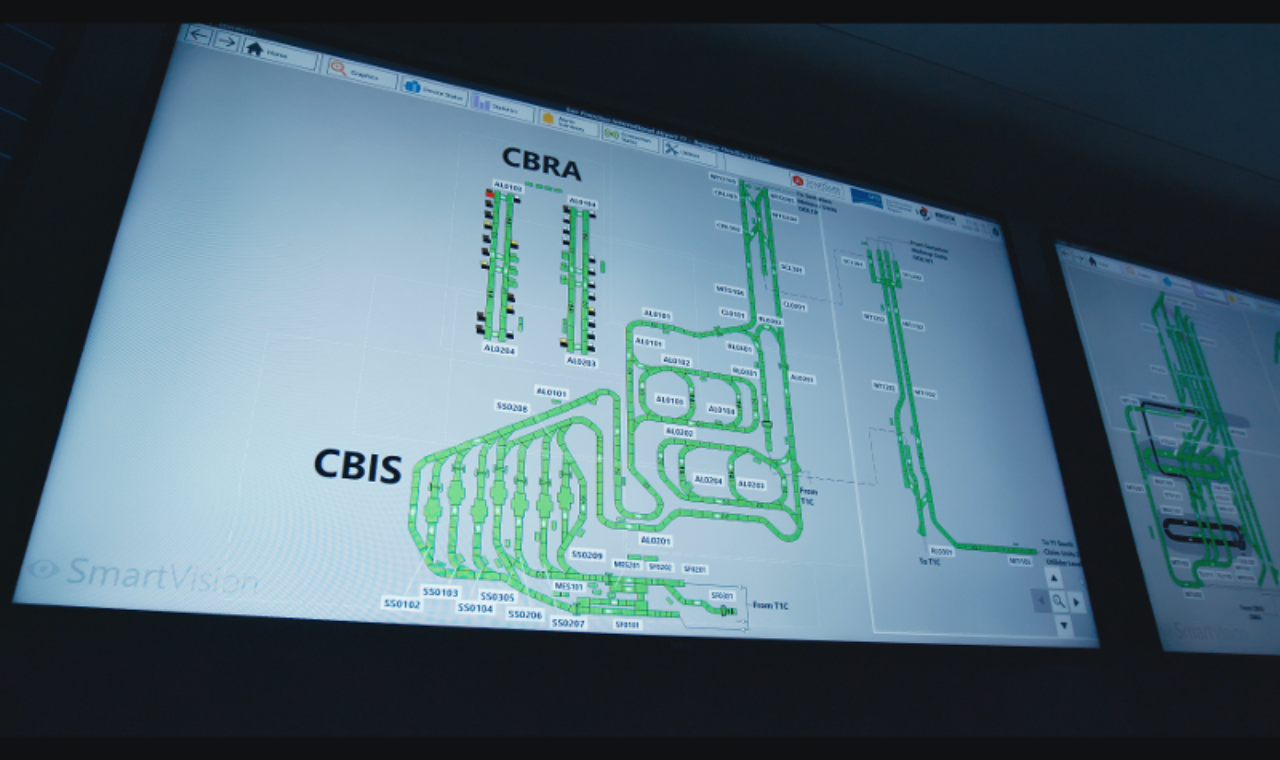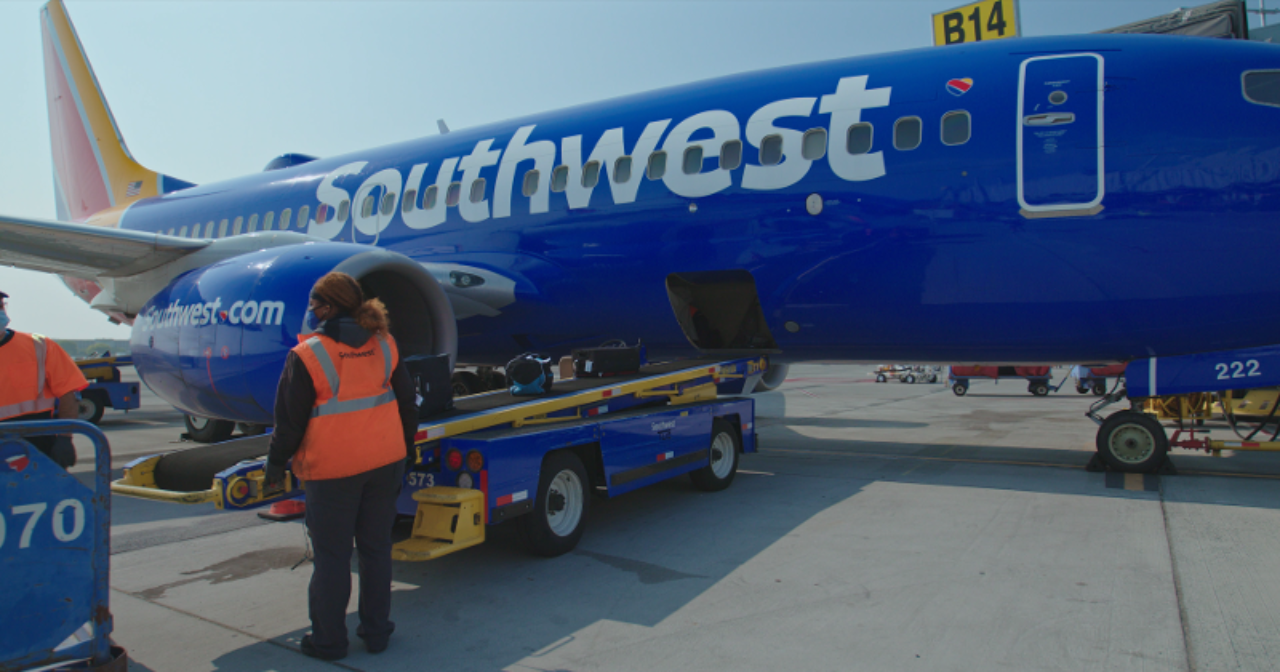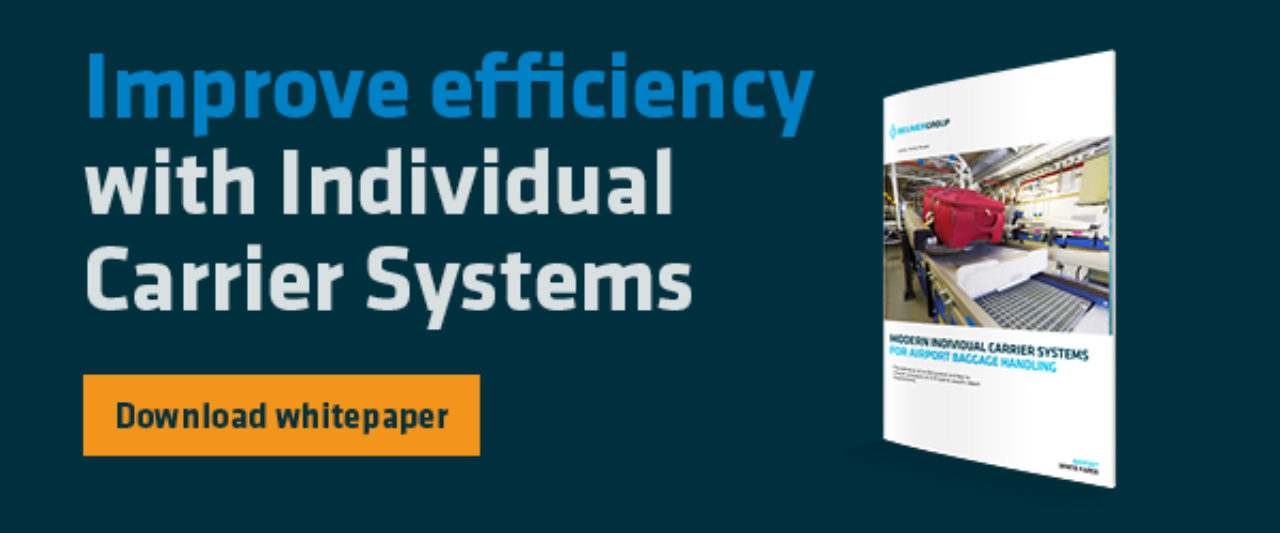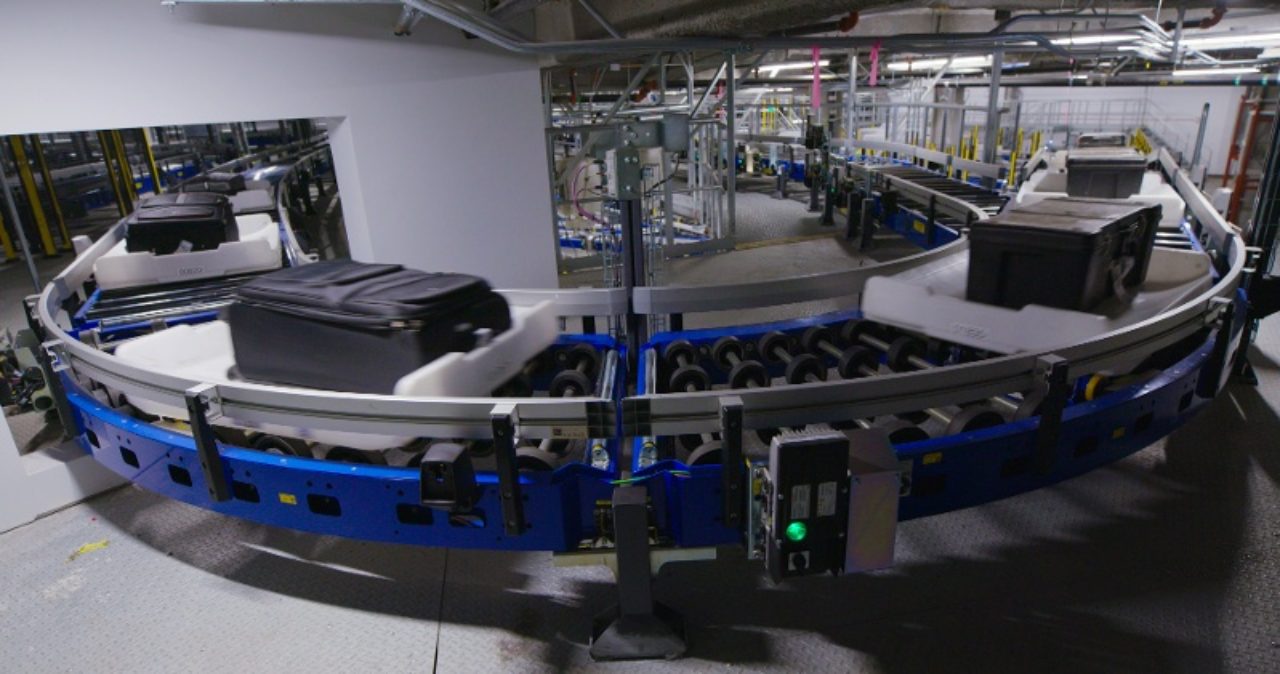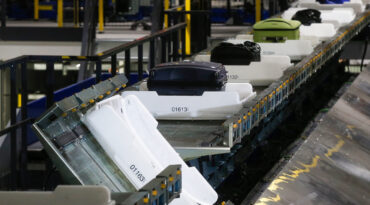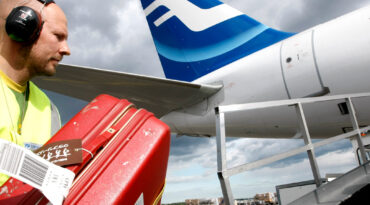“We found that the ICS delivers improved baggage delivery both to and from aircraft. In addition to reduced travel time and reliable delivery energy usage, there are fewer tug train incursions on the apron, there is a smaller carbon footprint, and operating costs overall are reduced significantly.”
The many benefits of ICS technology warrant its consideration as a BHS solution. As Gibbs says, through ICS:
- Bag travel times can be shorter by virtue of higher tub/tote speeds on the mainlines.
- Baggage screening tracking is improved to almost 100% by virtue of RFID identification and tracking of tubs or totes.
- Early bag storage is easier and more flexible with ICS rack delivery, storage and retrieval.
- Energy savings are possible, at least on paper, but must be proven by actual energy demand and usage data.
However, most of the advantages of ICS are best realised if there are changes in the way bagrooms are managed. Moreover, ICS works best in a common use environment where resource costs are shared for baggage handling, check-in and operations and mainq of the system.
Finally, Gibbs emphasises, the business case – which includes sustainability components – must be made for each airport under consideration. ICS is not the answer for all stations in all situations. The business case for ICS must be tailored to each specific station and application.
Conclusion
For Gibbs, the bottom line is that ICS must make sense, both economically and in terms of engineering, for the airport over the long term. Costs that engineers present to the airports during planning, design and analysis must be realistic and accurate. The most effective basis for informing a decision as to which system is right for an airport is a Total Cost of Ownership analysis, factoring in sustainability issues as well. A Total Cost of Ownership, assessed over the life of a system, may reveal that the cheapest system is quite often not the least expensive to own, especially when recurring costs are considered over time.

